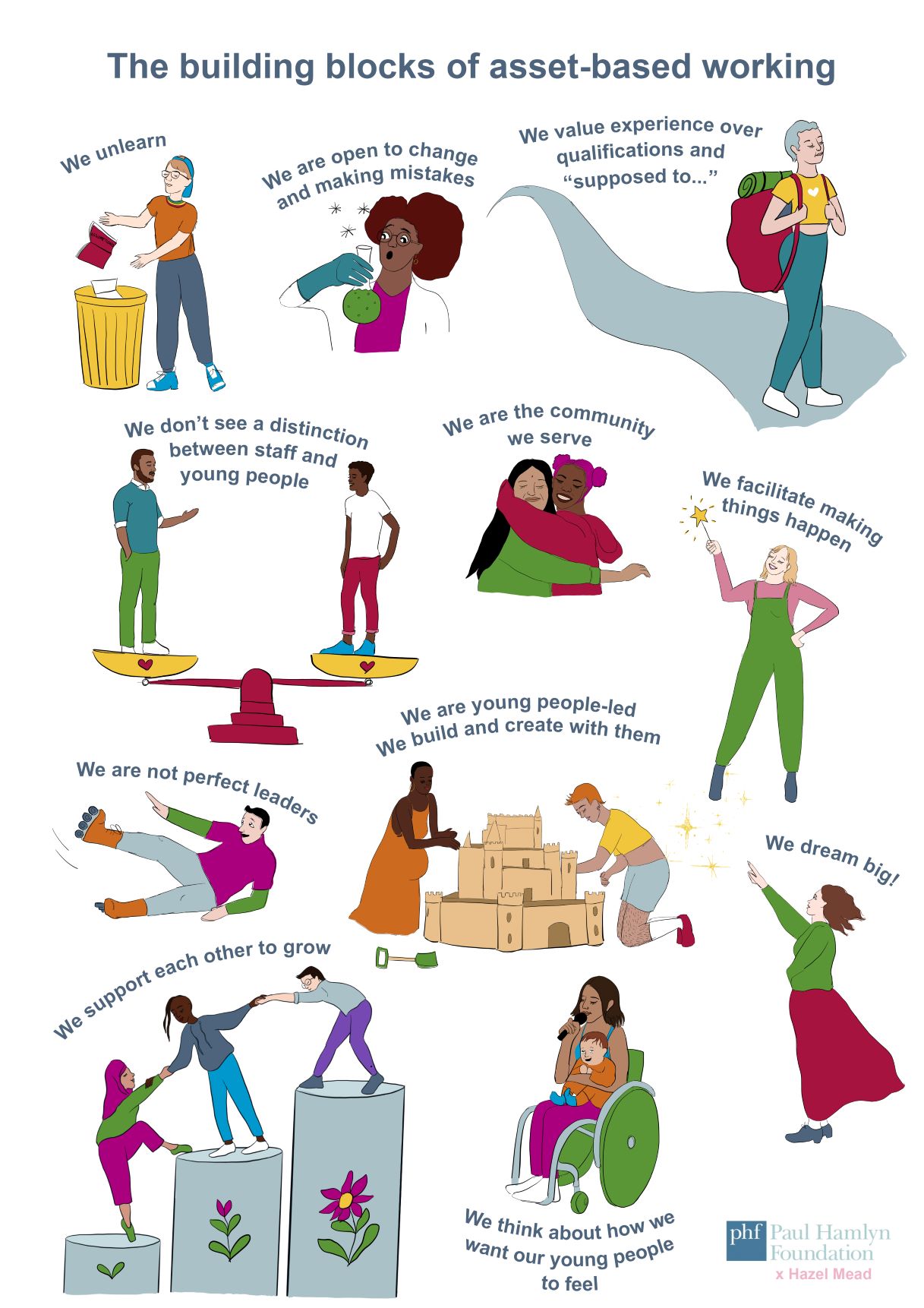This blog posts advocates for increased use of ethnographic approaches in evaluation and service design. Ethnography is a technique I have successfully used in tech-sector research where researchers immerse ourselves in the world of consumers to understand how tech supports and sometimes falls short of helping people achieve their goals. The insight generated helps developers to innovate – understanding consumer pain points and seeking opportunities for solutions. More recently I have been using this immersive method in the evaluation of non-profit initiatives to understand how interventions support and sometimes fall short of helping people achieve their goals – be it interventions to prevent loneliness, exploitation of young women or to support bereaved families. Despite having smaller sample sizes than focus groups, the quality of the data is so rich and the insight much greater. It is not enough to ask questions and listen to the answers – we need to go deeper. This is where ethnography comes in.
So what is ethnography? In social science, ethnography is a detailed study of people and cultures, based on observational research. It stems from anthropology[1] and is reflexive i.e. the researcher must consider their own position in relation to the observed respondents. One of the limitations of traditional research methods such as focus groups is that they start with an (often leading) question which can take respondents into territory that is interesting but not necessarily top priority. The dynamic is very much the ‘researcher’ asking a ‘respondent’ a set of questions. What we don’t get through this is an understanding of how things feel for people. The research findings are often lacking authenticity. And guess what. If the research lacks authenticity, the solutions that are developed on the back of that research will fall short. Rather than generate to solutions based on sound bites, ethnography is more likely to lead to solutions based on empathy.
Ethnography, when done well, is ‘hypothesis free’ i.e. the researcher leaves their assumptions at the door or at the very least, acknowledges the assumptions held by the researcher. Ethnography offers something other research methods cannot.
- Trust: We’ve all done it. We’ve all given the answer on a survey that we think we “should.” For example, if I’m asked about recycling household waste I would most likely say that I recycle everything. But I neglect to mention the 3 times last week when my recycling bin was full and it was a full 5 days until collection day so I popped the recycling in my usual waste bin because there was nowhere to store it (true story). An ethnographer who was spending some time in my home would have noticed this. They’d have observed me doing it and would have been able to ask why I didn’t recycle. I would be able to tell them because recycling in my area is only collected fortnightly and we have a problem with foxes and no where to store recycling. If a researcher spends time with a research participant there is a greater chance that trust will be built, and the most useful nuggets will be shared when there is trust. For many people, sharing deep dark secrets about not recycling 3 bags of rubbish (oh the shame!) in a focus group scenario is just not going to happen!
- Power dynamics: By using ethnographic approaches, citizens show researchers what is important to them. This is not about researchers parachuting into a neighbourhood with a list of pre-set questions. No. This is about inviting people to show us what they think is important. No judgement, no assumptions.
- Structural understanding, evaluating systems change: An immersive research day with a single parent teaches us how benefits, transport, health and education policies intersect. We see how it is not possible to attend a benefits appointment when you have 3 children and an elderly relative to care for. We see how a free bus pass is not going to help you attend that appointment because you still need to get the 3 children on the bus. We see how your missed appointment meant that you didn’t receive benefits and were unable to buy sanitary products for your daughter, so she missed another day of school. We see how the kindness shown by the receptionist at the doctor’s surgery made you feel more comfortable in asking for another appointment about your mental health. We see how your broken fridge means that you can’t store fresh food so it is easier to eat convenience food. We see how a helpful volunteer at Citizens Advice supports you to complete a Local Welfare Assistance form that you otherwise wouldn’t have been able to do. And we see how all of these feels for you and your family. We empathise. We understand. Understanding how one crisis can lead to multiple crises is helpful when designing public policy solutions. This is how ethnography gives us something that a focus group cannot. It helps us to understand social structures. It gives us the bigger picture.
- Telling a story and bringing research to life. It is not possible (and would be totally weird) if policy makers and politicians started shadowing normal people in order to help them to do their jobs. However, having a skilled ethnographer who has built some trust with participants will report to relevant decision makers in a way that resonates. We are not short of statistics but I bet more people can tell you a story about someone they know who has spent 8 hours in A&E rather than quote the statistics about waiting times? A good ethnographer will share stories in a way that is ‘sticky’ for the audience – bringing them closer to the lived experience. And using ethnographic research as a tool to paint an authentic picture of what life is like for people in this country could go quite some way in contributing to service and policy design that actually works.
I would like to see more ethnographic approaches taken to understand the needs of people in our society. It is critical that the work is carried out by skilled, trained and compassionate researchers so that research participants feel included and dignified in their participation.
[1] “By ethnographic research, anthropologists mean the ever-evolving Malinowskian program of an ethnographer in the field conducting participant-observation paired with a range of other methods, living within a community, and getting deeply into the rhythms, logics, and complications of life as lived by a people in a place, or perhaps by peoples in places. Ethnographic research, then, is more than a method.” (McGranahan 2014: 23)



